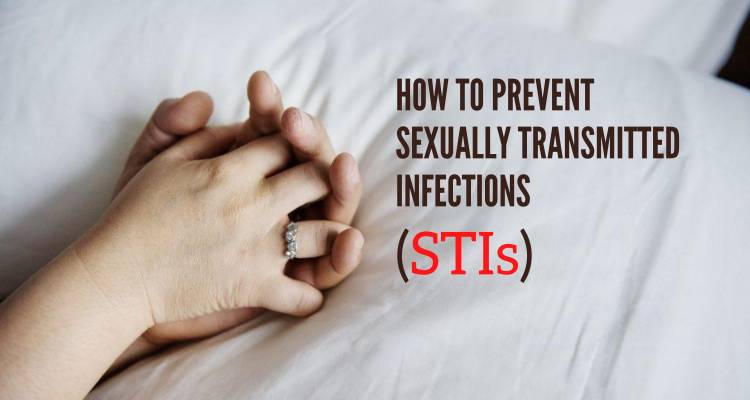
How to prevent sexually transmitted infections (STIs)
To know how to prevent STIs, there are basic things you need to know about them first like what STIs are, how they are transmitted, their causes, risk factors, amongst others.
What is a sexually transmitted infection?
The term sexually transmitted infections is fast becoming common and are those infections that get shared or spread through oral, anal or vaginal sex. If STIs are left untreated, they could lead to severe body damage and subsequently, death. STIs are one of the most common infections that can be easily contracted, and a lot of new infections are reported every year. Some STIs can be easily treated while others cannot, and those infected by them have to live with the STI for the rest of their lives so find your private sexual health clinic in London to get tested.
What causes STIs?
They can be caused by bacteria or viruses. Those STIs caused by bacteria can be treated with antibiotics, but those with virus as the causative agent cannot be cured only the management of symptoms are possible.
How do sexually transmitted infections get transmitted?
STIs can be transmitted through contact with your genitals, skin, mouth, body fluids, or rectum of an infected person. Having oral, anal, or vaginal sex with someone who has an STI puts you at risk of getting infected with an STI. Even when the infected person does not show any symptom, you can still get affected healthwise.
Risk factors of Sexually Transmitted Infections
The following persons are at more risk of contracting STIs.
- Those with a history of STIs
- Those who use intravenous drugs or a partner that uses the same
- Those who have multiple sexual partners exceeding one
- Those who have sex with anyone with an STI
- Those with a partner who has or has had more than one sexual partner
What are the most common STIs?
There are many STIs, but the following are the most common of all STIs.
- Chlamydia
- Gonorrhoea
- Genital herpes
- Human immunodeficiency virus
- Human papillomavirus (HPV)
- Syphilis
- Trichomoniasis
- Hepatitis B
How can I reduce the risk of getting an STI?
- Good knowledge of your sexual partners and reduce the number
Knowing your sexual partner's history is just as crucial as knowing yours and the more the number of sexual partners you have, the more your risk of getting infected.
- Avoid risky sex practices.
Engaging in sexual acts that can either tear or break the skin increases the risk of STIs. Even when an infected person has a cut that is not bleeding, germs can either enter or exit the cut. Anal sex also increases the risk of contracting an STI because the tissues in the rectum easily get torn.
Body fluids are carriers of STIs and having unprotected sex with an infected person, puts you at risk of contracting the STI.
- Ensure you always use a latex condom
Always wear a latex condom every time you engage in anal or vaginal sex then a dental dam when you are engaged in oral sex. Lubricating a condom with spermicides does not reduce the risk of contracting an STI. Frequent use of spermicide can increase the risk of HIV.
- Receive the necessary immunisations
Some vaccines are available to protect against STIs like HPV, and hepatitis B so get these vaccines.
How can STIs affect pregnancy
Having STIs like gonorrhoea and chlamydia can be dangerous to the foetus and cause health problems such as eye infections and pneumonia. Syphilis can also lead to a miscarriage or stillbirth. HIV can be transmitted to the baby during childbirth, and the child would have to live with the virus.
If you are staying, working or visiting London, you can get any kind of STI test at our private sexual health clinic London, including female sexual health screening. Call us now on 0203 475 1653 to book an appointment with a sexual health expert.












